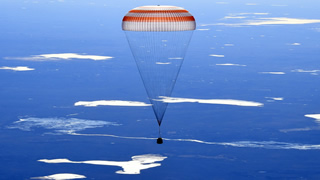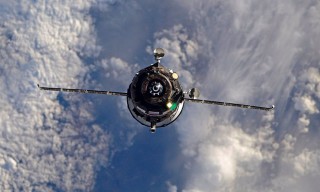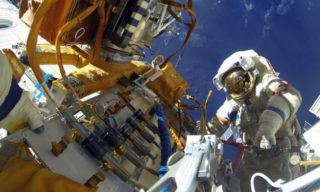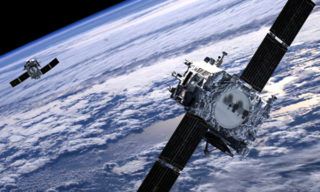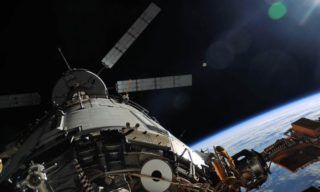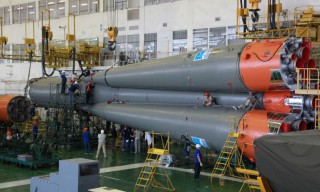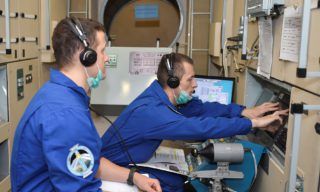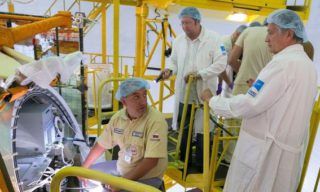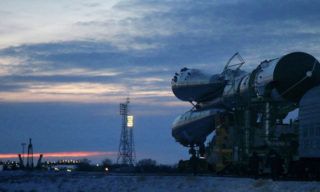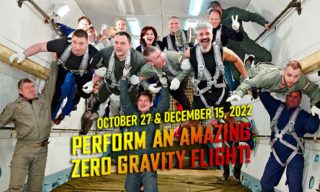Latest news:
-
This error message is only visible to WordPress admins
Error: API requests are being delayed. New posts will not be retrieved.
There may be an issue with the Instagram access token that you are using. Your server might also be unable to connect to Instagram at this time.
Error: API requests are being delayed for this account. New posts will not be retrieved.
There may be an issue with the Instagram access token that you are using. Your server might also be unable to connect to Instagram at this time.
Categories
- Academy of Science (20)
- Alexey Leonov (10)
- Android (4)
- Angara (41)
- Asteroid (7)
- Astronomy (8)
- ATV (12)
- Baikonur spaceport (511)
- BION-M (1)
- Brazil (1)
- Buran (2)
- Challenge (5)
- COSPAR (3)
- CrewDragon (2)
- CubeSat (1)
- Cygnus (4)
- Defenсe (47)
- Dnepr (6)
- Dragon (2)
- Earth (11)
- Electro-L (1)
- Energomash (1)
- ESA (116)
- ExoMars (10)
- Express-AM (28)
- Falcon (2)
- Featured article (10)
- Fregat (33)
- GCTC (209)
- Glonass (33)
- Google X Prize (1)
- History (58)
- HTV (1)
- IBMP (6)
- India (1)
- Inmarsat (11)
- Institute of Biomedical problems (2)
- ISS (526)
- JAXA (49)
- Johnson Space Center (3)
- Kapustin Yar (2)
- Khrunichev (63)
- Kourou spaceport (15)
- Kurchatov institute (1)
- Kuznetsov (2)
- Lavochkin (12)
- MAKS (4)
- MAKS 2021 (1)
- Mars (7)
- Mars Desert Research Station (1)
- MCC (84)
- Moon (18)
- NASA (197)
- Nauka module (7)
- NK-33 (2)
- Nuclear battery (2)
- Oka-T (1)
- Olympic torch (13)
- OneWeb (7)
- Orbital Sciences Corporation (3)
- Plesetsk spaceport (82)
- Progress (226)
- Proton (137)
- Reshetnev (13)
- Resource-P (4)
- Rokot (15)
- Rosatom (2)
- Roscosmos (621)
- RSC Energia (93)
- Russia (698)
- Satellites (218)
- Science (129)
- SIRIUS (2)
- Soyuz (542)
- Soyuz-2.1b (1)
- Space (463)
- Spacewalk (72)
- SpaceX (3)
- Star city (60)
- Sygnus (2)
- Tereshkova (6)
- Tourism (27)
- TSNIIMASH (4)
- URSC (1)
- USA (62)
- Valentina Tereshkova (4)
- Valeri Kubasov (2)
- Voskhod (2)
- Vostochny spaceport (62)
- Voyevoda (2)
- Yasny launch base (2)
- Zenit (3)
- Zero Gravity (12)
- Zvezda Enterprise (3)

